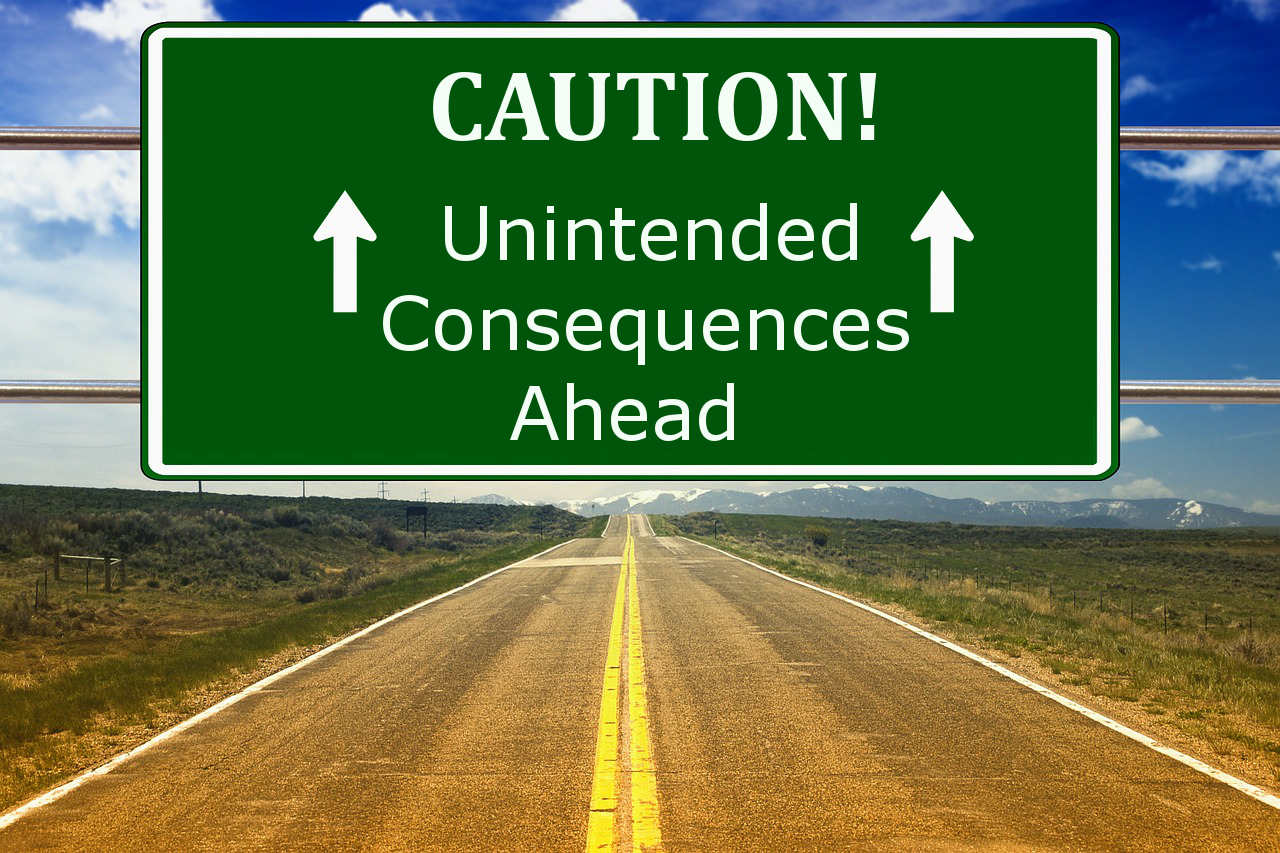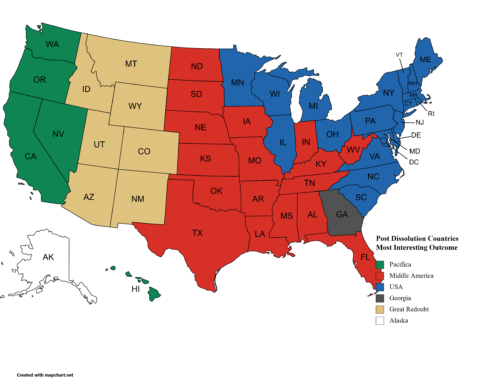Well, this is an interesting time in the U.S., isn’t it? For all those who say we should avoid discussing politics and religion at work and family gatherings, you have larger issues to worry about than having to figure out what is interesting about the weather, the early turning of leaves this summer, and the eclipse in order to avoid discussing the deep divisions this country faces today. It is impossible to avoid the sociological elephant in the room. No matter how busy we can make ourselves at work, there is always down time, always a coffee break, always the lunch hour to step away after an another staff meeting. How to avoid the discussion of divisions?
You can’t any longer. Simply put, whether or not you want to, you will be forced to declare where you stand. And it doesn’t have to get ugly or uncomfortable. Just remember some points of polite etiquette as well as some history. Then choose wisely. Your business will depend on it.
First, etiquette and charity demand that, rather than putting people down for their beliefs and positions, we have to be kind to them. We don’t have to like them, but we need to love them. There may be many reasons for people to hold to certain positions. Disaffection is a strong motivator. Righteous indignation is as well. But that only explains why people might hold to certain positions. That doesn’t necessarily make those positions right.
Second, lets talk about how we got here. This country has always been divided to some degree. There have always been very deep divisions in the US. For those who think the current level of vitriol is unprecedented, spend a few minutes researching invective and rhetoric from the 1700s, 1800s and early 1900s. Politicians have been called murderers, pimps, cowards, and many other names in papers and pamphlets. They were challenged to duels and battled in the streets with their opponents. Drawings in newspapers told the stories to eager readers. But there was a big difference between then and today.
In earlier days, information was more local than it is today. In earlier days, people were busier with work and family than they are today. Technology and efficiency have reduced the amount of time it takes to do the work it took decades ago. So today people have more free time. The information revolution has brought down the cost of owning incredibly powerful computers in the form of mobile devices so that everyone not only has access, but most everyone owns one, from young children to old people in every place in the country.
Information was long ago obtained by word of mouth when travelers went through a town or settlement. Then newspapers printed information for their cities and towns affording those populations local information as well as whatever information their correspondents could mail back to them. That meant local information was timely, but limited to the locality of the paper. Anything from outside was necessarily dated. Once telegraphs, telephones, radios and television were invented, it spread the availability of information to more people in a more timely manner. But individuals were still largely receivers.
Until well into the mid-20th Century, any organized mass-participatory events were necessarily either spontaneous, or very limited in numbers to those who could be informed by the limited means available. But once radio and television were ubiquitous, mass participation events such as political marches in Washington DC became possible when well-organized event planners set dates well in advance and purchased valuable air time on TV and radio stations across the country. And even then, it was difficult to get to those rallies. It took a greater percentage of income than it does today and it took more planning and effort. And once there, when people met at large rallies, it was likely that there were multiple personal, political and social viewpoints represented in the crowds who met united by a single issue. When Americans gathered in Washington DC in opposition to the Vietnam War or support for civil rights, you saw Jewish rabbis and Catholic bishops linking arms with African-American marchers.
Today, contrary to the hopeful promises of 25 years ago that the information revolution would unite people, the universal access to mobile devices and information has quickened atomization but also made it possible to know where everyone stands. In days past, some percentage of people always held extreme views that would make them stand out from their fellow citizens and thus had to keep those views private simply to be able to function in their relatively closed communities. Today, people with extreme views not just on the right-left political divide, but on all social, political, economic and natural viewpoints can almost instantly find others like them to advocate for their positions, protest against those who oppose them, and easily instigate aggression.
Even 15 years ago, the limited availability of information meant that any sizeable gathering in any city was nearly impossible to pull off without opposition and civil authorities wise to the event. Today, the structure of the internet makes it possible for people disparate in distance but sharing positions to instantly communicate and plan events largely in private. The degree to which some organizations go to search out and infiltrate on-line groups to learn about gatherings and positions they find problematic and even threatening to our country shows how information has changed the social fabric in this country.
This truth has strong implications for business. It is now important for businesses to consider their social stances. Where once they could enforce conformity in dress and appearance (short hair, white shirts and thin black ties at IBM…) and managers could keep politics out of the break room, today companies follow social trends simply to stay alive. The restaurant which employed one of the torch-bearing marchers in Charlottesville put up a sign on the restaurant entrance informing any interested parties that the person had been fired and the restaurant did not in any way support his actions. This was not only a sign of indignation by the owner but necessary for their business survival.
When nobody in one city could find out where any individual from a fringe group worked, the employer in another city didn’t care, and maybe didn’t even know the employee participated in some event. Today, the whole country knows who torch-bearing, swastika-carrying, racist-chanters are, where they work and who their neighbors are. And it no longer matters whether or not you want to remain outside the discussion. The information revolution means that at some point, you as an employer, you as a corporation, you as a manager will be asked to give an account of someone who works for you. Or you will be asked to state your position on some issue that you may not have thought or cared about, but that your consumers or clients do.
You may have hoped to make it your entire career without “becoming political.” You may have striven to produce the best product and let it speak for itself in the market. Those days are now gone. Not only your products matter. Your positions will now increasingly be called to account from people who aren’t even interested in your product. And you may try to ignore their requests, but you cannot ignore their ability to publicize your silence. And don’t think this is only about where you stand on racism. That one, after all, is easy. Here’s a hint: If Nazis are in the game, pick the other side. You’ll soon be asked about a whole slew of issues that you may not even have heard of. Don’t think it won’t happen. It already is.
So spend some time thinking about how you want to be seen by an ever increasingly interested public. Think about how and to what degree you will try to regulate your peoples’ discussions on issues. It is easy to say there is freedom of speech in the abstract. But it is more difficult to think about the natural and inevitable consequences of positions in the practical. But what is certain is that the consequences are real and you can no longer say “That’s personal.”
If you want some help thinking through consequences, contact me. Or call a colleague and ask how he or she is dealing with it. But think it through to the logical and even possible conclusions.
Keep thinking…






Leave A Comment